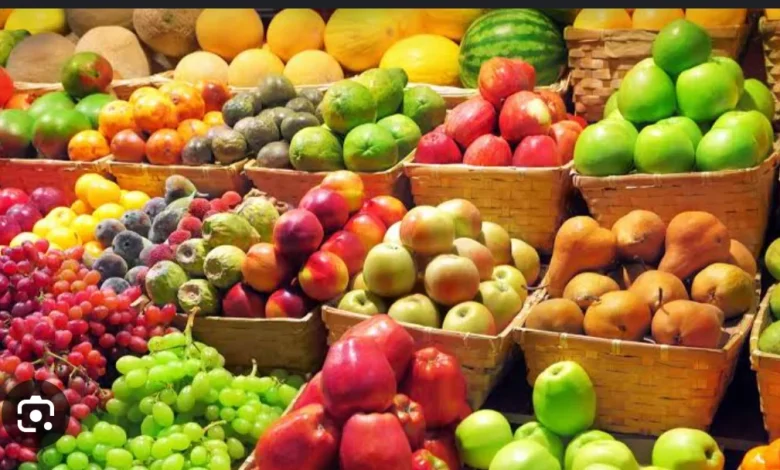Senate probes NAFDAC over unsafe fruit ripening methods

This followed the adoption of a motion moved by Senator Anthony Ani (APC-Ebonyi) during plenary in Abuja.
The motion is titled “Urgent Need to Investigate and Halt the Continuous Unwholesome Practice of Chemical Ripening of Fruits in Nigeria.”
The summon comes as a response to the alarming rate of fruit vendors using hazardous chemicals to ripen fruits, posing a significant threat to public health.
Ani lamented that the increasing trend of chemically-induced ripening, is a “dangerous deviation from natural ways for fruits to ripen”.
He explained that while fruits which naturally ripped have better sweetness, texture and nutritional content, many vendors now turned to harmful agents to force the process and improve appearance for commercial gains.
“Ethylene and methyl jasmonate may be considered relatively safe,” Ani noted.
He, however, added that, the problem lies with the widespread use of substances like calcium carbide, ethephon and ethylene glyco-chemicals laced with toxic residues including lead and arsenic.
The lawmaker warned that these substances are known to cause severe health problems such as cancer, kidney damage, liver failure, neurological disorders and in extreme cases, death.
Ani attributed the spread of the practice to profit-driven motives and lack of awareness among fruit vendors.
“People are unknowingly eating poison masked in the form of ripened fruits,” he said.
The senator also criticised the failure of regulatory enforcement by relevant agencies, stating that many countries have outlawed such chemicals, while Nigeria lagged behind in implementing effective measures.
The Senate, however, resolved for NAFDAC management to appear before the Committees on Health and Agriculture to detail it on its current interventions and outline future steps to combat chemical ripening;
The Ministry of Agriculture and Food Security and the Federal Competition and Consumer Protection Commission (FCCPC) were directed to investigate the matter and initiate urgent action.
It also mandated NAFDAC and the National Orientation Agency (NOA), to increase public education on the health risks associated with artificially ripened fruits;
The Nigeria Agricultural Quarantine Service and Nigerian Customs Service were equally tasked with stricter inspections on imported fruits especially apples to ensure they are free of harmful preservatives;
The Senate Committee on Legal Matters was instructed to begin reviewing existing laws to introduce stiffer penalties for violators.
The President of the Senate, Godswill Akpabio stressed that safeguarding public health must remain a top priority.
He warned that the country’s fruit markets must not become breeding grounds for toxic substances disguised as fresh produce.



